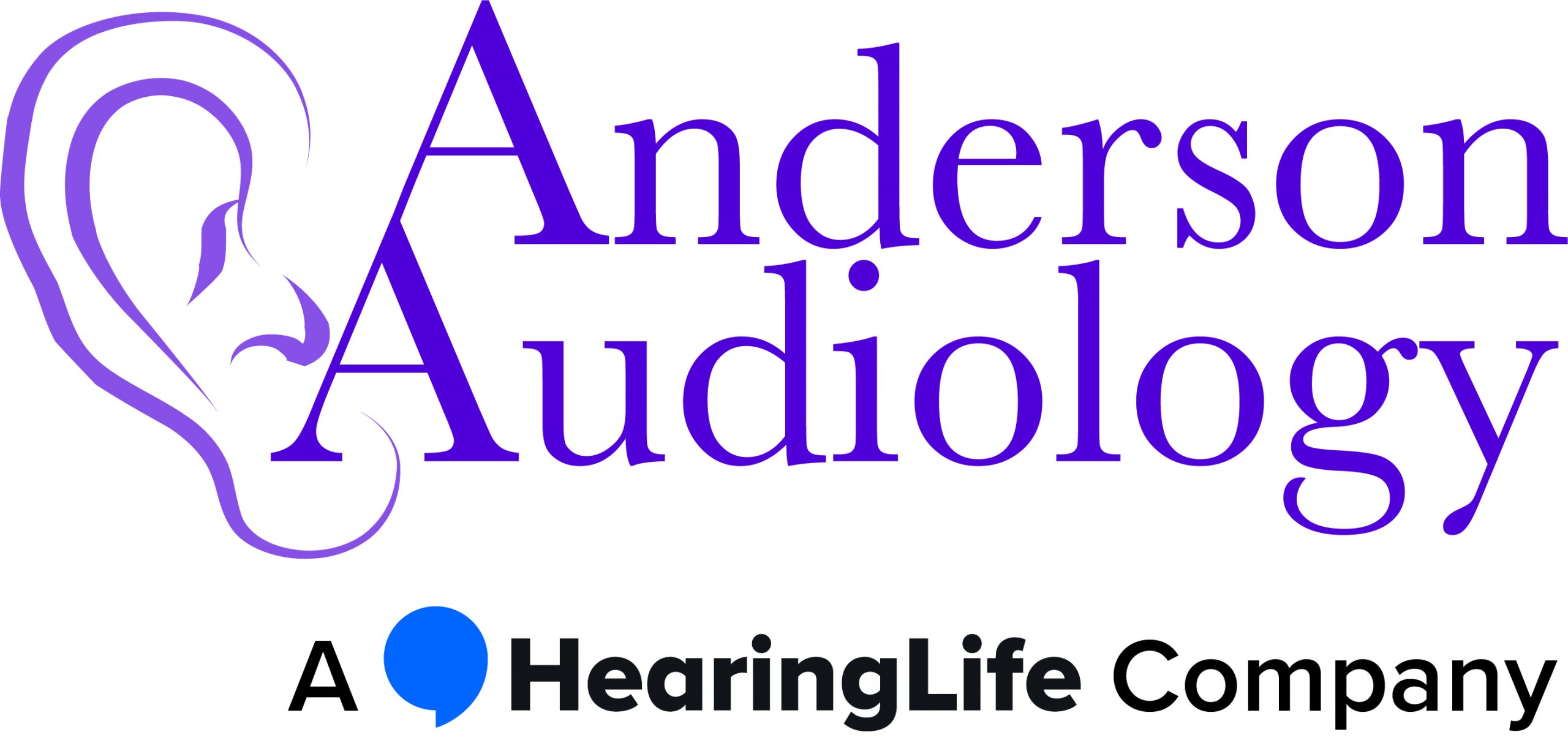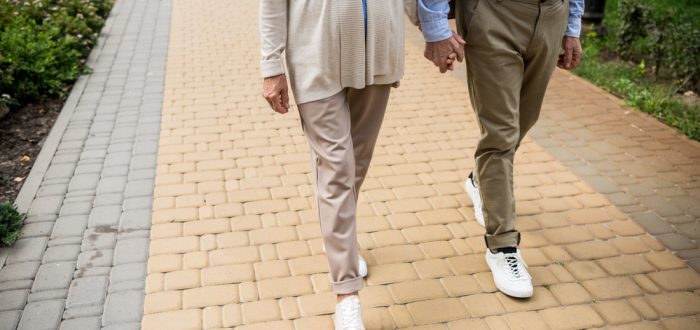According to the National Institute on Deafness and Other Communication Disorders (NIDCD), roughly 15% of adults aged 18+ in the United States report some difficulty hearing. Hearing loss is actually more common in the United States than diabetes.
Hearing loss can have varied implications on day-to-day life. Learning to live with hearing loss requires adaptations to daily life. Most people with hearing loss are well aware of how it affects their overall lifestyle. Forward planning becomes a necessity, as well as ensuring that accommodations are made for people who are hard of hearing.
In recent years, scientists and researchers are increasingly understanding how hearing loss can affect us. Our ears are a sophisticated and delicate system, that are far more connected to the rest of your body than you may realize.
For example, did you know that changes to your hearing could actually be a sign of an underlying health condition?
Our ears also play a vital role in our ability to balance. Changes to our hearing can, in turn, impact our ability to balance. This can have wider repercussions. Hearing loss could even affect the way you walk.
How Does Hearing Loss Affect the Way You Walk?
Before we get into the research on hearing loss affecting how you walk, let’s explore the connection between your hearing and your balance.
Your Hearing and Your Balance – What’s the Connection?
Dizziness is a feeling of faintness, unsteadiness or lightheadedness. Vertigo is a type of dizziness that includes a feeling of the room spinning around you. You may feel like you’re spinning, or that the surrounding room is spinning. Disequilibrium is a feeling of unsteadiness or imbalance.
So how does this relate to your ears?
In simple terms, your ability to balance requires input from three primary systems:
- Your eyes
- Your ears
- Your brain
Your eyes work to process the environment around you. Your inner ear, specifically your vestibular system, helps you to maintain your balance. Finally, your brain turns what your eyes and ears are processing into meaningful information.
Your vestibular system is made up of a network of looped tubes called the semicircular canals. You have 3 of these loops in each ear, and each loop is responsible for detecting a different type of movement. One will sense up and down movements, another side to side, and the third senses tilt.
With special sensory hair cells, your vestibular system detects movement. When the fluid within your loops moves, the hair cells recognize movement. This signal is then transmitted to your brain, where movement is recognized. This system is very sensitive to movement.
Think of a time when you’ve spun on the spot for a while. When you stop moving, you may feel as though the room around you is continuing to spin. This is because your vestibular system is still settling down from the movement. Similarly, you may feel like you have sea legs even after stepping off a boat!
Problems in your inner ear can lead to balance disorders. For example, an ear infection in your inner ear could cause a structure in your inner ear, known as the labyrinth, to swell. This swelling or inflammation can result in hearing loss, tinnitus, and feelings of vertigo or nausea. The swelling in your inner ear can disrupt messages getting to your brain, and potentially cause dizziness or vertigo.
How Does Hearing Loss Affect the Way You Walk?
Now that you understand the connection between your hearing and balance, we can delve into how your hearing can affect how you walk.
When you’re walking, all three components that help with your balance are working together. Your eyes are picking up visual cues in your surroundings. Your ears are listening to your surroundings, while your inner ear is detecting motion. Finally, your brain is translating all of this information.
In a study that tracked 639 adults for nearly 12 years, Johns Hopkins expert Frank Lin, M.D., Ph.D. looked at how hearing loss can impact our health. As part of the study, they looked at how hearing loss can affect how we walk.
“As you walk, your ears pick up subtle cues that help with balance. Hearing loss mutes these important signals, Lin notes. “It also makes your brain work harder just to process sound. This subconscious multitasking may interfere with some of the mental processing needed to walk safely.” (source)
By masking some of the important auditory cues around us, hearing loss can impact how we actually walk. Additionally, certain chronic conditions that affect your ears, such as Meniere’s disease, can impact your inner ear. In turn, this can leave you feeling unsteady on your feet.
Need Help? Have a Question? Contact Us Today!
Staying on top of your hearing health is the best way to reduce the potential impact of hearing loss. We recommend that you have your hearing tested annually so that any changes can be detected early on.
The hearing healthcare professionals at Anderson Audiology would be happy to help. To book an appointment, call us on 702-997-2964. Alternatively, click here to request an appointment online.

